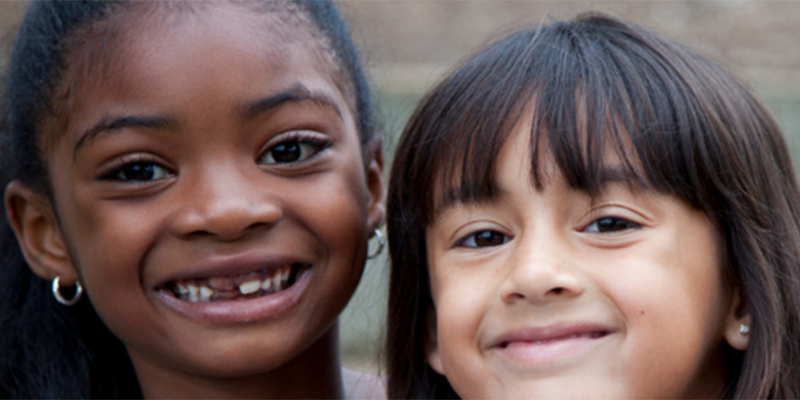
One voice
Dr Chrissie Gale, CELCIS international lead, argues that we need agencies to unite with one voice if we want to uphold children’s rights internationally.

Human connections that change lives
To mark World Social Work Day, Janine Fraser, a Social Work Team Leader for Glasgow City Health and Social Care Partnership in North East Glasgow, reflects on her profession and the challenges it faces.
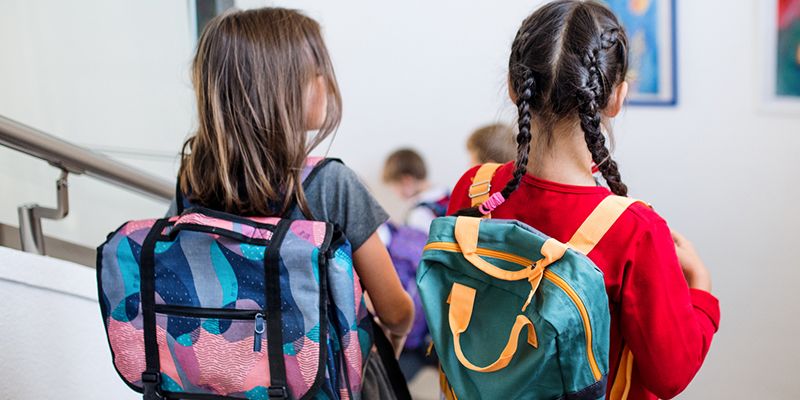
‘Children have a right to education – regardless of immigration status’
This article was first published by TES on the support teachers can offer unaccompanied and separated children.

Let’s stamp stigma out for care experienced once and for all
Guest Joe Rankin of the Nevis Group discusses the need to stamp out stigma for those with care experience.

Young people in the care system deserve help to enter university
Iain MacRitchie is the founder of MCR Pathways, a school-based mentoring programme which supports young people in or on the edges of the care system to realise their full potential through education.

Implementing your way to change
Ahead of the Global Implementation Conference, Scotland’s National Clinical Director, Professor Jason Leitch CBE shares some thoughts on his implementation journey, Scotland’s increasing use of change methodologies, and why learning from others makes sense

We need to talk about physical restraint
Joanne McMeeking heads up the Improving Care Experiences team at CELCIS. Here she explains why we need to put physical restraint in residential child care under the spotlight.

Physical Restraint in Residential Child Care: A Watershed Moment?
Laura Steckley explains how people are coming together to consider how to apply what we know about both experience and theory to address the practice of restraint in residential care.
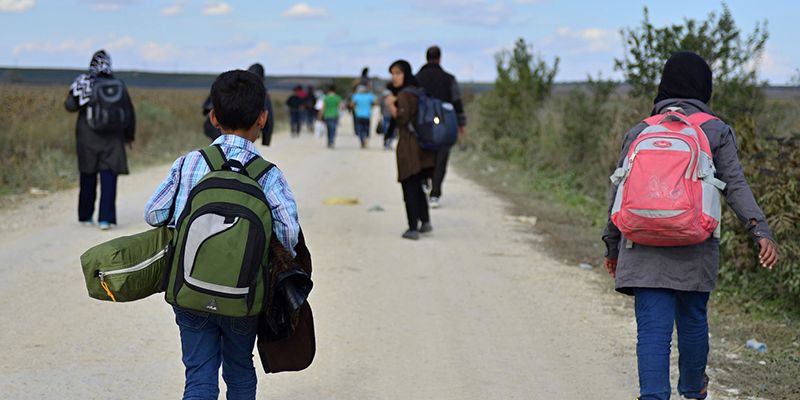
Child migrants around the world are being denied their human rights
Vast numbers of children and families are on the move around the world. There are now 30m children displaced by conflict, the highest since World War II, and vastly more unaccompanied child migrants are being recorded than at the beginning of the decade.

An Ayrshire school where care experienced young people’s views are taken seriously
South Ayrshire CHAMPS Board is working in partnership with Belmont Academy in Ayr to bring care experienced young people together and support and encourage them.

Should our young people be experiencing physical restraint at any level?
David Grimm asks if physical restraint should be used at all in residential child care, using his own experience of care to discuss the ability to adapt to the needs of individuals young people.

Considered but timely decision making is vital for children
Stephen Small explains how the voluntary adoption and fostering agency has worked with West Lothian Council to deliver a concurrent planning model to achieve early permanence for children

PACE is changing
Carol Wassell, Permanence and Care Excellence programme lead at CELCIS, provides an update on a programme of work which is making lasting and profound improvements to the lives of some of Scotland’s most vulnerable children.

Are care leavers really more likely to go to prison than university?
This blog post by Dr Neil Harrison was first published on the ExChange Wales website on 14 August 2019. ExChange is an all-Wales network that brings together those working in social care, to share experiences and expertise, and to learn from one another.
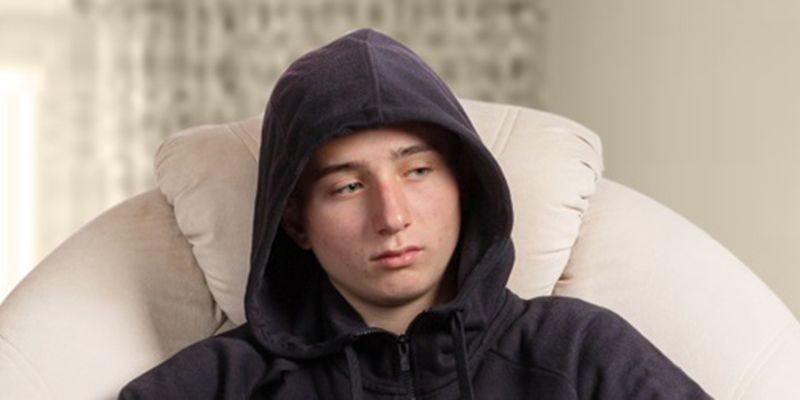
Unintended consequences: Restraint and criminalisation of looked after children
The criminisation of children in residential care. We need to be careful when changing practice as there can be unintended consequences.
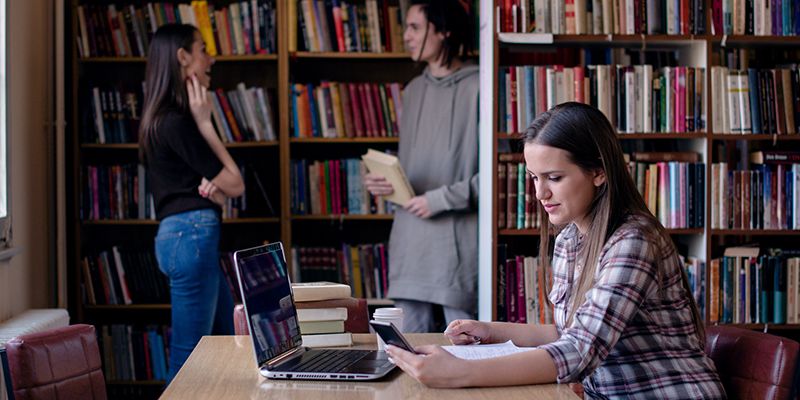
How can it be that ‘being a student with care experience is very daunting’ and ‘…..supportive, inclusive, diverse and fun… a joy actually’?
Why is there such a dichotomy in these two direct accounts from students with care experience? What makes the experience daunting? What makes it a joy?

Why it is the right time to equally protect children
Louise Hill talks about the impact of the Children (Equal Protection from Assault) Bill in Scotland.
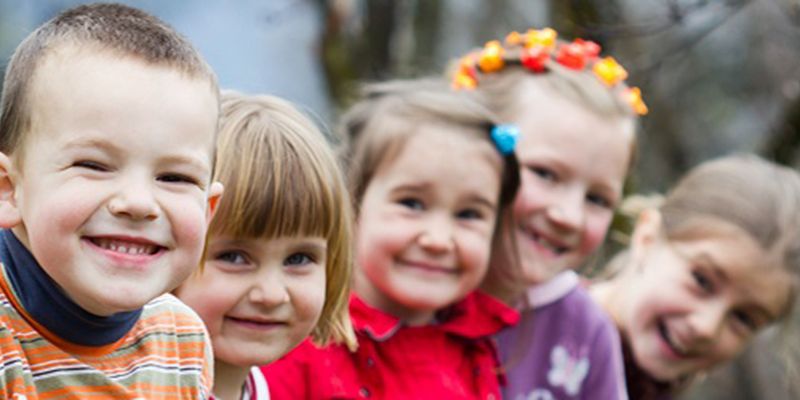
The right way forward: how best to incorporate the UNCRC for Scotland’s children
Incorporation of the UNCRC is an important piece of a jigsaw puzzle, but on its own it is not enough. Lizzie Morton explains the thinking behind the CELCIS response to the Scottish Government's consultation on children's rights.
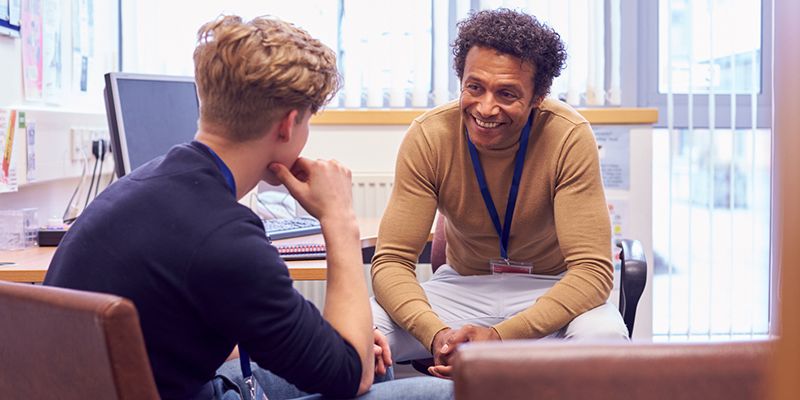
Can theory be an ally in efforts to reduce physical restraint?
Erica Barr is a House Leader with South Ayrshire Council. Here she discusses the need to link theory with practice to improve our understanding of children and young people.

‘Why didn’t you f*cking restrain me’: when physical restraint can meet a child’s need
John Radoux, a child and adolescent counsellor who grew up in care and works in children's homes discusses why we need to reevaluate attitudes to physical restraint.
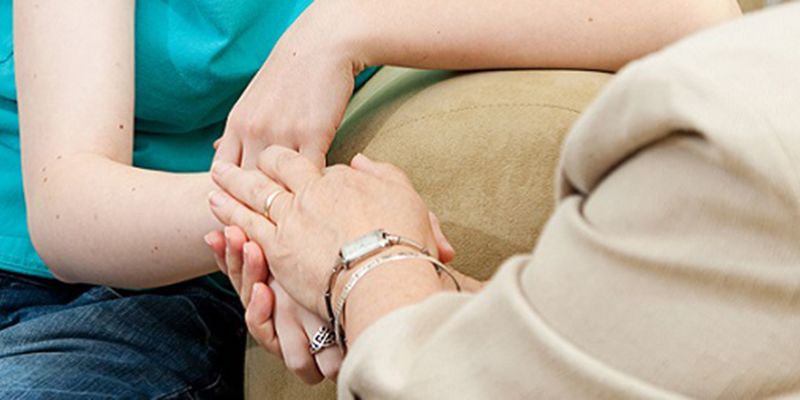
There's no place for physical restraint in residential child care
There’s no place for physical restraint in residential child care in the 21st century – there, I’ve said it, put it out there! I advocate for a total ban on restraining young people, and I would start it right now if I could.

Professional training is essential to provide the best support for our young people
We know there are many things that need to change in residential child care in Scotland, and as a service manager, our team has been looking closely at our practice, the environment we work in and staff training to see what we can improve on to make the lives of the young people we serve better.

Turning conversation into action
It is with our gratitude to each and every contributor to the series and the subsequent discussions that we draw this to a close here, but this is not, and must not be, the end of the conversation.

Looked After children and young people and rights to education: Accessing the right to Coordinated Support Plans
This article was first published by The Children and Young People's Commissioner Scotland on 23 October 2019

Scotland and Jersey: working together to make change happen
As part of Care Experienced Week, David Grimm has written a blog post and Simone Smith shares a vlog describing the learning and discussion from a group of care experienced young people’s recent trip to Jersey as part of the Scotland-Jersey Participation Project
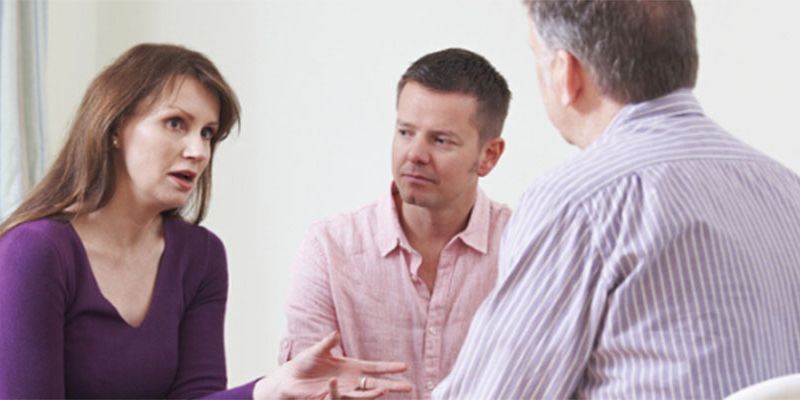
On a journey with the Welsh Child Practice Review Framework
Barbara shares the learning that she gained throughout designing, applying and adapting the model in Wales, England and Jersey, and how this has helped her to support the first case review in Scotland, based on the Welsh approach.

2019 - a year of real opportunity in residential child care
John Ryan, Assistant Director, Aberlour, reflects on what this new conversation about the use of restraint means for those working in residential care with children and young people today.


